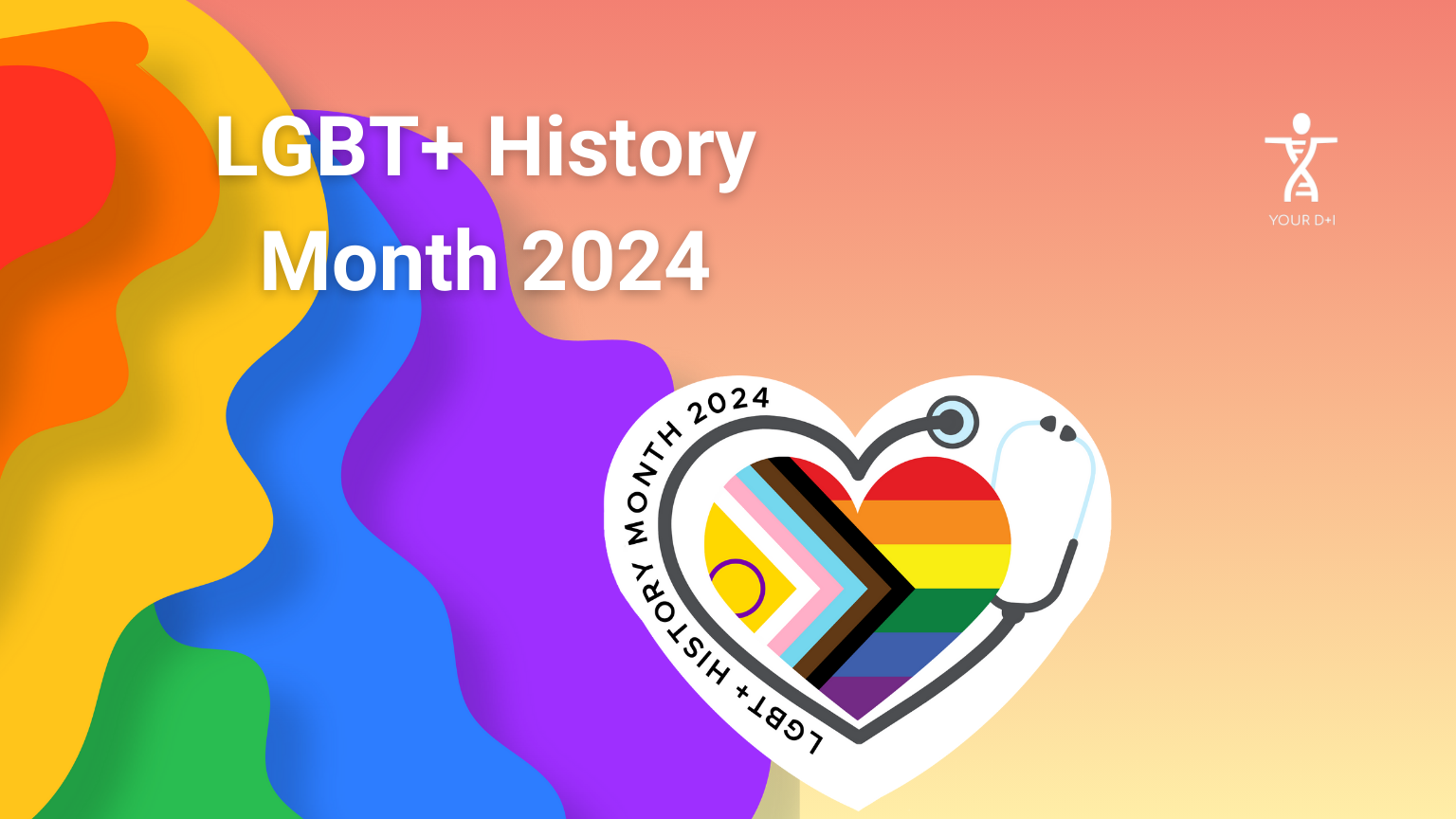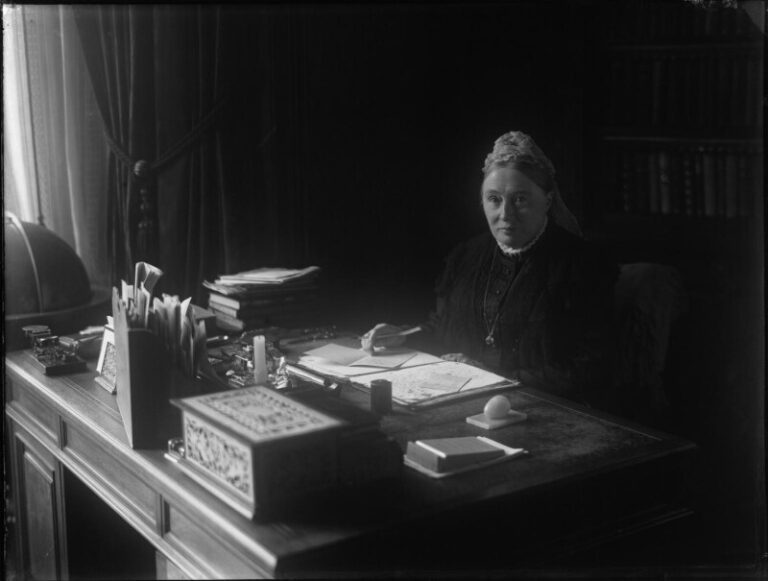LGBT History Month has been celebrated since 2005. It’s the chance to educate, talk, raise awareness, remember and celebrate LGBT+ people’s history. Every year, founders Schools OUT create a different theme providing free resources for a variety of sectors to use.
The history of LGBT+ peoples’ lives and the impact they made to communities had long been hidden. The repeal of Section 28 enabled LGBT+ people to celebrate stories of the past, present and create their future.
What Was Section 28?
You may have never heard of Section 28 or you may be familiar with the name but know nothing about it. It’s a significant part of LGBT+ history and yet one that isn’t taught in schools with many young people not knowing about the legislation at all. Introduced by Margaret Thatcher under Conservative Government from 1988 to 2000 in Scotland and 2003 in the rest of the UK. Section 28 was a series of laws that prohibited the ‘promotion of homsexuality’ in local authorities and schools.
This led to hateful propaganda in the media and the repression of young people who identified as LGBT+ from seeing anyone like them in arts and media in schools. This not only eradicated inclusive education but also stopped anyone who identified as LGBT+ from being seen and noticed by law. It resulted in disciplinary action to anyone who broke the law.
Hate crime was not only higher but deemed acceptable. Making bullying about sexuality at school something that many teachers felt they couldn’t step in and do anything about. It not only created protests from campaigners against Section 28 but ultimately to the creation of Stonewall. The legislation not only stigmatised gay men, in particular those with HIV and AIDs, it discriminated against a whole community.
LGBT+ History Month 2024 - Medicine
The theme for LGBT+ History Month 2024 is Medicine ‘#UnderTheScope’ and LGBT+ peoples’ contribution to the field of Medicine and Healthcare. As well as highlighting the community’s experience when it comes to receiving healthcare treatment. This will showcase and celebrate LGBT+ staff in the NHS and other healthcare services both past and present.
With a rise in hate crime, the necessity of banning conversion therapy and the phobia towards the trans, non-binary and gender non-comforming community. Looking at lived experiences has never been more important.
Some important LGBT+ figures in the world of medicine who deserve recognition and are unsung healthcare heroes:
Sophia Jex Blake
Nineteenth century Scottish physician, Sophia Jex Blake devoted her life to the equality of women in the field of medicine. She fought tirelessly for women’s rights and her aspiration to become the first female doctor. Edinburgh University eventually approved her application but later rejected it on the grounds that it couldn’t accommodate just ‘one lady’. More women joined her in wanting to study medicine in Edinburgh and they became known as the Edinburgh Seven. This also resulted in the Surgeon’s Hall riot in 1870.
She found love with a fellow doctor, Margaret Todd who went under the name of a male pseudonym. They could not discuss the nature of their relationship despite their successes in changing social norms elsewhere.
She fought until her death in 1912 and is commemorated today at the university’s medical school, where women attend classes that she was denied from.
Cecil Belfield Clarke
Cecil Belfield Clarke was a black, gay doctor who was not only one of the UK’s first black doctors but also a passionate civil rights activist. Departing Barbados in 1914, he studied medicine at St Catherine’s College, Cambridge and University College Hospital, London. Opening his own practice in Elephant and Castle not only being a vocal ambassador for racial equality but a gay man living with his long-term partner when homosexuality was still a criminal offence. A hero whose contribution to civil rights and medicine should be honoured.
Sir Ewan Forbes
An overlooked legacy, Sir Ewan Forbes was a Scottish Lord and trans activist whose story has been covered up for over 53 years. Fighting for gender equality and representing the earliest record of medical treatment for a trans child. Assigned female at birth, Ewan with the help of his mother was prescribed hormones and re-registered his birth, legally changing his sex and name. After a humiliating trial, he won an inheritance trial and set a precedent for transgender acceptance. A story that although unknown would resonate with so many young people who are a part of the trans community.
George Ward (Cherry Valentine)
Dragrace UK superstar, ex-member of the traveller community, gay and a mental health nurse with an infectious laugh. George Ward was not only known for Cherry’s gothic drag aesthetic but also his exposure for the LGBT+ Travellers with Gypsy Queen and Proud.
George took his own life in 2022 aged just 28. He was not only a trailblazer for the art of drag, mental health and LGBT+ Travellers, he helped people from similar backgrounds to find a belonging.
Celebrating LGBT+ History Month
Use the month as a way to celebrate and educate if this is relevant to your business or sector. It’s still okay to raise awareness if it isn’t by sharing stories or asking LGBT+ employees who may be interested in getting involved. This could be attending a talk, hosting a workshop or hiring a motivational speaker, organising a group or creating content.
There’s a wide range of resources available as well as a list of events happening across the UK to celebrate and raise awareness of LGBT+ History Month.
Don’t only be an advocate during awareness months, register your interest in our workshops. We’ll also soon be delivering a workshop aimed at the mental health of the LGBTQ+ community and the stigmas in the workplace.


